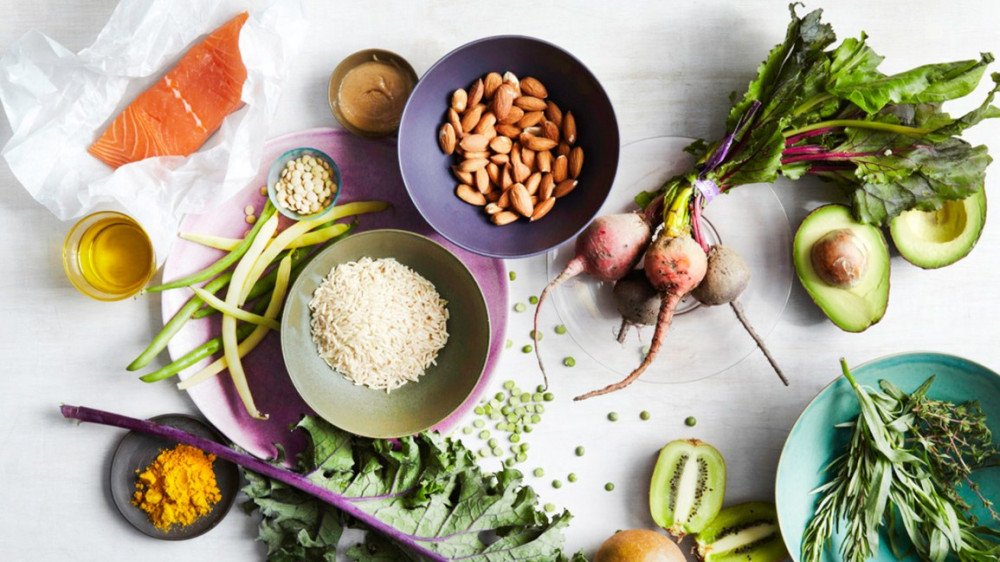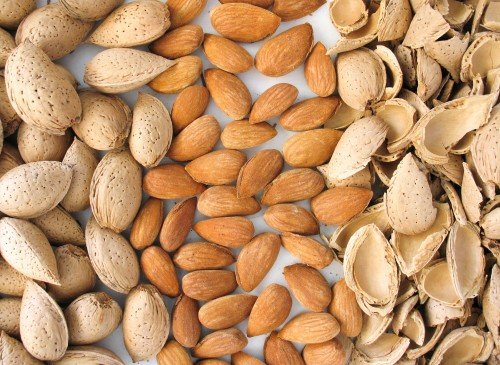Diets are different, the varieties are enormous and at time confusing. One particular diet we will dive into is the Convalescing Diet.
Who is a Convalescent?
This is the recovery period of a person from an illness or medical treatment.
What is Convalescence?
Refers to the later stage of an infectious disease or illness when a patient recovers and returns to good health.
A period of convalescence- a quiet time for recovery- is considered an essential part of medical treatment. The pressures of modern life often conflict with the body's natural need to recuperate, but resuming a normal routine too soon after surgery or a bout of flu can delay full recovery for several weeks.
A positive attitude can do wonders for speeding up the recovery process. Modern research suggests that patients should get up and walk about as much as possible. Prolonged bed rest causes calcium loss from the skeleton.
Stocking up on Goodness.
This diet should always be nutrient-rich, appetizing, easy to eat and readily digestible.
- Essential nutritional elements are plenty of vitamin C and zinc to help any wounds to heal and iron to ensure a healthy level of oxygen-carrying haemoglobin in the bloodstream.
- Choose a diet that includes plenty of fruits and vegetables and starchy carbohydrate foods, with fish, poultry and dairy produce to provide easily digestible protein.
- Try to eat foods that will give immune system the best chance of making a quick recovery and fighting off any secondary infections.
- The precise diet required depends upon the type of illness from which one is recovering. For example, if you have undergone major abdominal surgery it is best to avoid high fiber foods as these can cause bloating and can irritate the scar tissue.
Due to the loss of appetite that occurs during and after illness. Note that; an attractive presentation, a variety of crockery , scrupulous hygiene is vital. This is to entice the patient to eat the food brought before them.
Convalescent meals may include;
- Breakfasts- porridge made with whole milk; full fat yogurt served with honey or soaked dried fruits; croissants, poached eggs on whole-meal toast.
- Lunches- oily fish or meat with gravy; broccoli, spinach; chicken with herbs(rosemary , thyme, sage) garlic. Include starchy foods such as pasta, rice or potatoes.
- Dinner- choose lighter meals; salads, soups made with root vegetables, fruit salad and warm milky drinks to help induce sleep.
- Snacks- fresh fruit, grapes, kiwis, dried fruits and nuts.
In conclusion, the diet that convalescents should be appealing and tasty , without being too large. Also, eating numerous small meals through out the day is advisable to ease the digestive system.




Add your reply
Replies